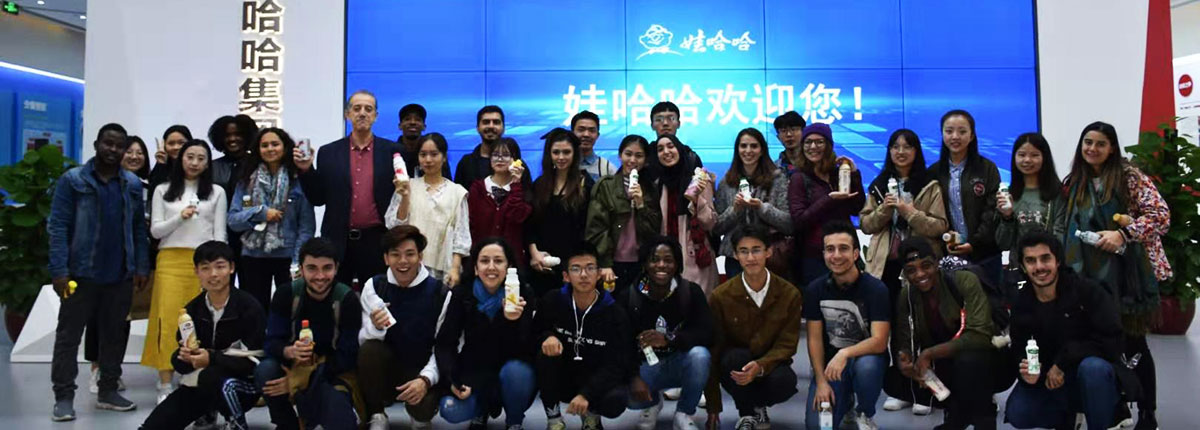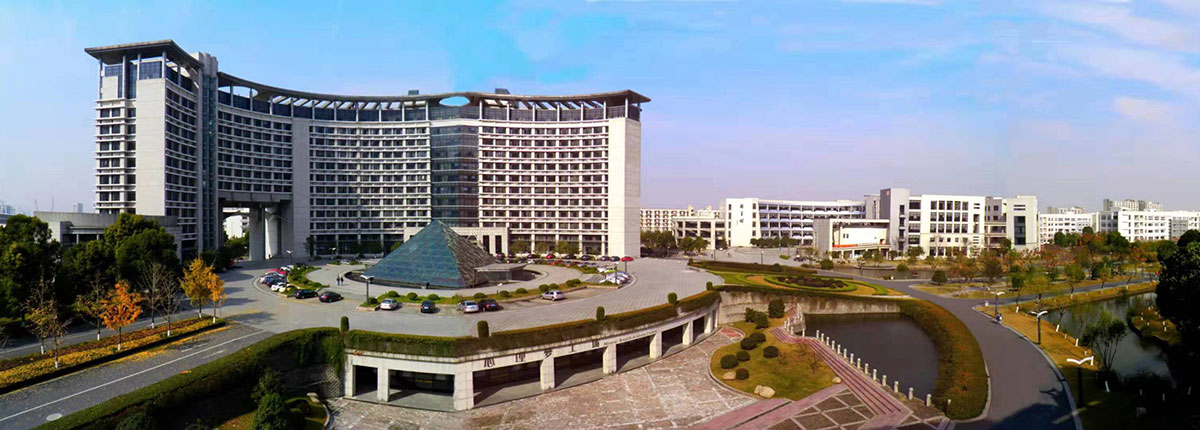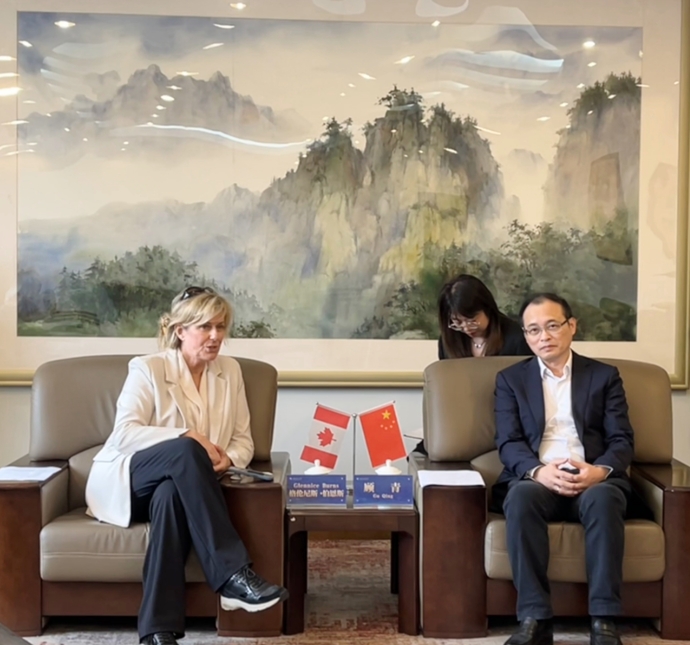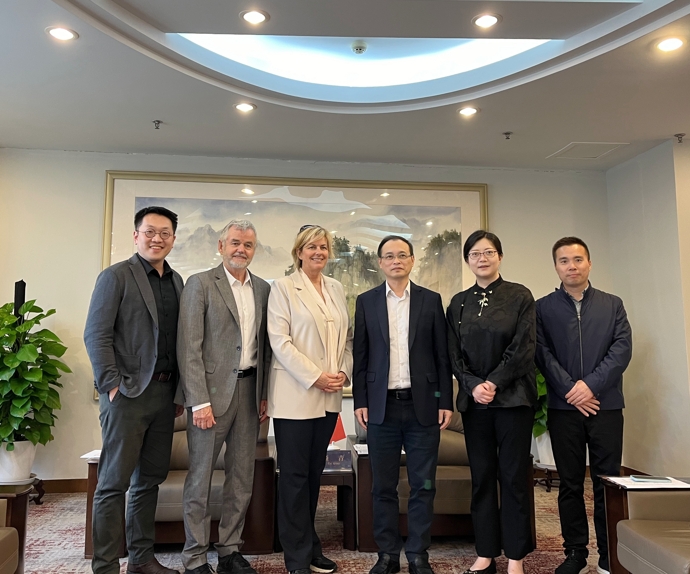



On October 30th , Glenys Burns, Associate Vice President of Trent University in Canada, along with former President and Professor of Philosophy, Leo Groarke, visited our university. Vice President Gu Qing met with the guests, and relevant officials from the International Office and the School of Foreign Languages also attended the meeting.
Gu Qin welcomed Vice President Burns and introduced the delegation to an overview of ZJSU and development of internationalization. Gu wished to take the visit as an opportunity to sign a memorandum of cooperation so as to establish an inter-university tie. Moreover, the two sides should start long-term and short-term student exchange programs, boost exchanges of visits for teachers and cooperation on scientific research projects. Based upon cooperation on foreign language studies, empowering Arts and Sciences promotes collaboration in Food Sciences, Computer Science, Big Data, Environmental Sciences and so on.

Vice President Burns appreciated our reception and briefly introduced the recent development of Trent University and discipline features. She said that Trent attaches great importance to international exchanges and cooperation, and they were aware that educational exchanges between different cultures could give rise to innovation. The visit witnessed huge potential for cooperation, with hopes that our institutions may forge a partnership and establish elaborate faculty-student exchange programs, enabling us to share different cultural perspectives and academic achievements, ultimately enhancing the quality of education at both universities.

During the visit, Professor Leo Groarke delivered a splendid lecture on logic to teachers and students from the SFL of ZJSU.
Trent University was established in 1964, and it assimilated into the U15 Group of Canadian Research Universities in 1968. As one of the top 32 universities in Canada, Trent boasts approximately 9,000 full-time students and international students account for 1% of the total. The university offers high-quality programs in business administration, economics, mathematics, environmental studies, biology, anthropology, natural sciences, social sciences, international development studies, and computer science etc., with forensic science, law, psychology, and environmental ecology being the most popular. The institute is located in Peterborough, south of Ontario, 50 minutesвҖҷ drive from Toronto, the largest city in Canada.